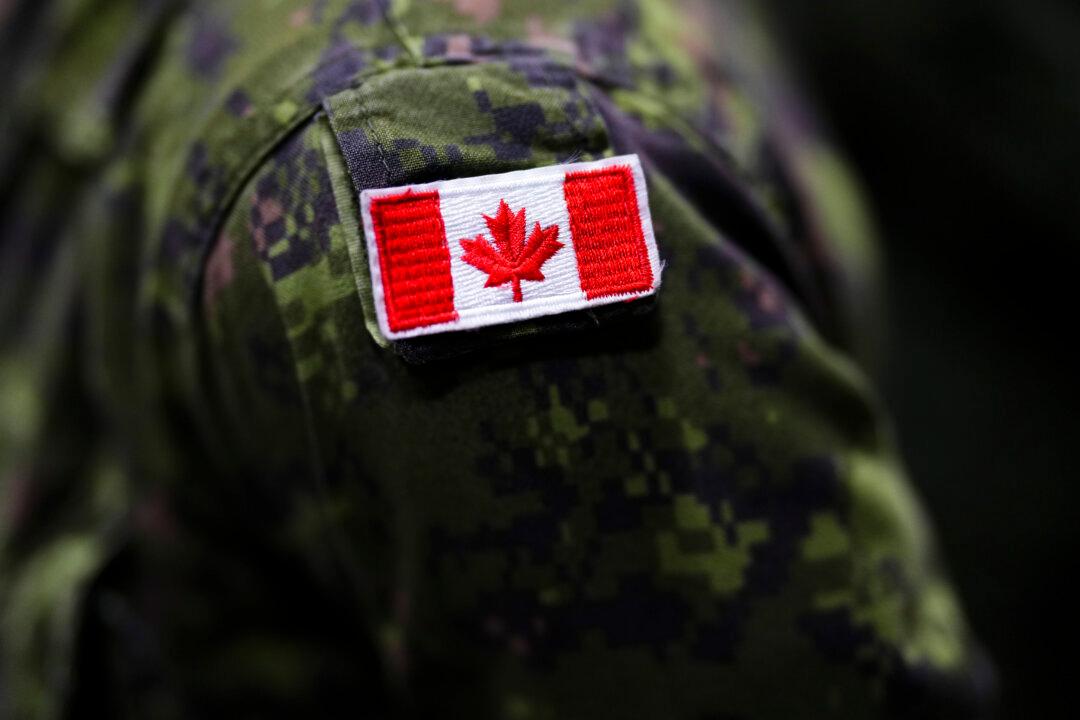OTTAWA—Prime Minister Justin Trudeau says that as of noon Monday, boarding of domestic flights and trains will be denied to people showing any symptoms related to CCP virus.
The Epoch Times refers to the novel coronavirus, which causes the disease COVID-19, as the CCP virus because the Chinese Communist Party’s coverup and mismanagement allowed the virus to spread throughout China and create a global pandemic.





